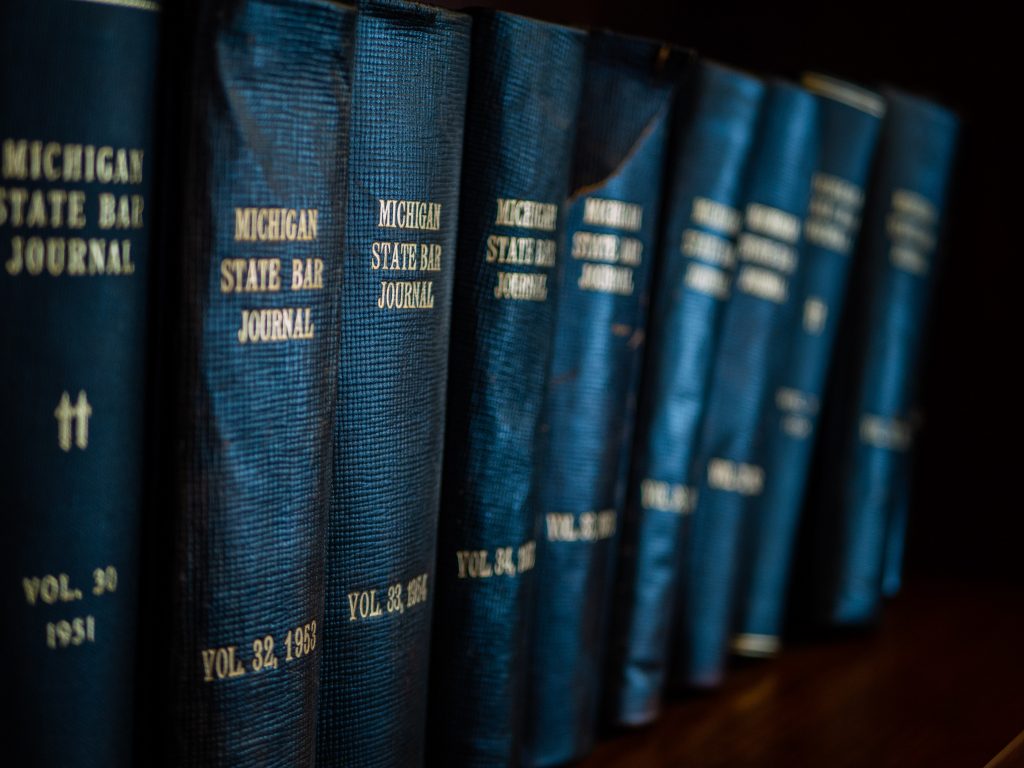A Landlord’s Guide to the Massachusetts State Sanitary Code

A recent, horrific story from Everett is a good reminder of the importance of knowing (and following) the Massachusetts state sanitary code.
This article discusses how two Everett landlords had fifty-nine code violations in their residential apartments, with over nineteen people living in the home. Two firefighters were tragically burned in a fire last summer resulting from these housing conditions. These landlords, most appropriately, are facing criminal charges for their neglect of this building.
What is the Massachusetts State Sanitary Code?
The Massachusetts state sanitary code sets the minimum standards for housing in the Commonwealth of Massachusetts. The code covers nearly any matter related to residential housing, including cooking and bathroom facilities, required utilities for residential housing, and safety requirements.
Depending on the town or city, there may be additional, local housing requirements as well. The Massachusetts state sanitary code, however, covers all of the state and is the baseline for a landlord’s responsibility for rental housing.
How is the Massachusetts State Sanitary Code Enforced?
Local jurisdictions generally enforce the state sanitary code through a board of health or inspectional services department. The City of Boston’s Inspectional Services Department (“ISD”) is the most well known of these agencies, and is often called upon when a question arises about a Boston landlord’s non-compliance with the code.
If a tenant files a complaint with one of these agencies, the agency will generally send an inspector to the apartment and cite the landlord for any violations of the code. The landlord is then given a deadline for correcting these violations. Failure to do so can result in penalties and, in a case like this article discusses, possible criminal charges.
Tenants, in certain circumstances, can also enforce the state sanitary code on their own. Massachusetts law allows a tenant to file a petition to enforce the code, if the local agency refuses to take action.
Legal Ramifications for Non-Compliance With the State Sanitary Code
In addition to facing penalties from the the town or city, non-compliance with the state sanitary code also comes with legal ramifications. A landlord who fails to comply with the code may be subject to violation of the implied warranty of habitability, covenant of quiet enjoyment, or the Consumer Protection Law. An official citation from one of these agencies can be compelling proof that the landlord has not complied with these laws.
It is a common misconception that any violation of the state sanitary code is grounds for legal action by a tenant. Minor violations of the code are often not enough to constitute a viable cause of action against a landlord. Nonetheless, landlords need to take care in ensuring that they comply with these detailed regulations.
Practical Implications
It is rare for any landlord to be 100% compliant with the code at any given time, given its many, many regulations. A landlord who learns that they are non-compliant with the state sanitary code needs to act quickly in addressing the problem. Doing so avoids a larger problem developing in the future.
Landlords also need to be aware of Massachusetts’s law on retaliation. A landlord cannot “punish” a tenant who makes a code complaint, through raising the rent, starting an eviction, or doing anything else negative against the tenant.
In many towns and cities, landlords can request their own inspection of a rental unit, to determine what is necessary for complying with the code. This is worth considering prior to renting a unit, or when a landlord has a vacancy. Landlords should also always keep good records on all work done on their rental units.
Conclusion
If you need assistance with a landlord-tenant matter, contact me for a consultation.
